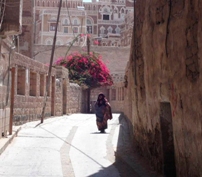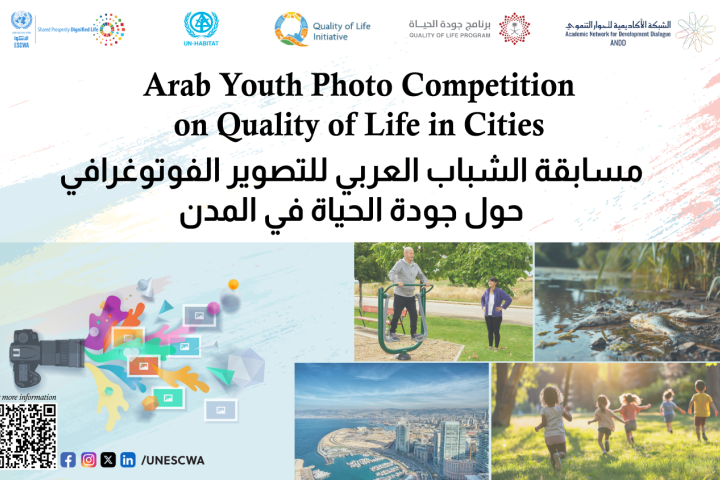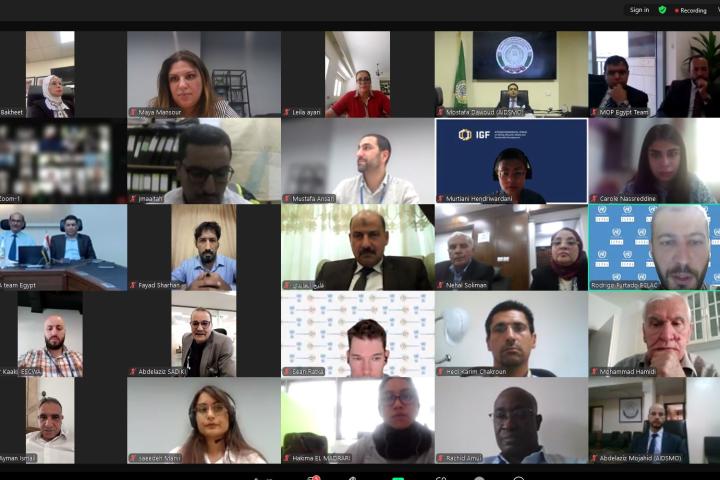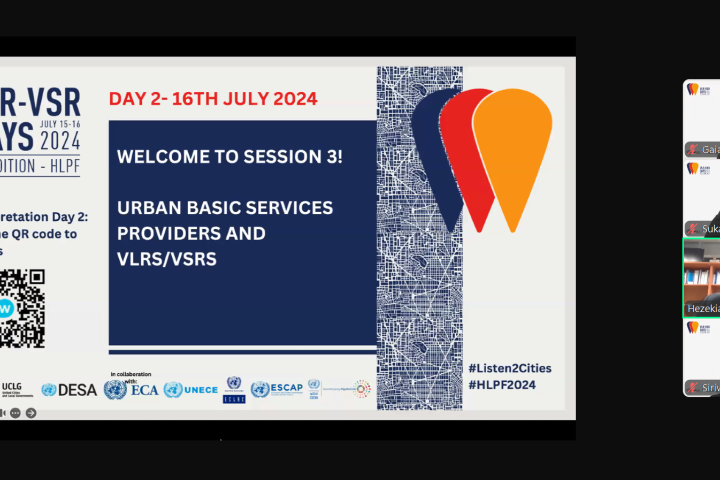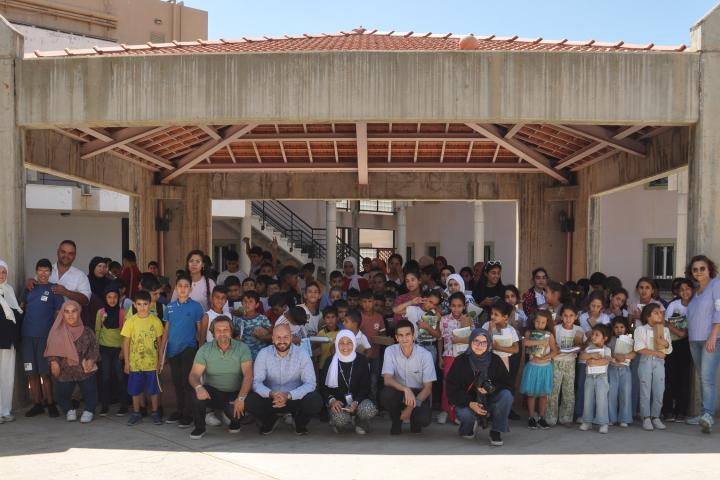A process that places some social categories outside the political, social, and economic spheres, hampering their active participation in their community and thus placing them at a disadvantage when it comes to access to developmental benefits: this is Social Exclusion, which affects many groups all over the world.
Discrimination, deprivation, and dis-empowerment are the main ingredients of this social plight, according to UN-ESCWA research in the matter. Despite the common confusion between poverty and social exclusion, an analysis of the latter matter says that poverty is not always the primary cause of exclusion: gender, stigma on the basis of ethnic or racial characteristics or background are also examples for causes of exclusion. The ultimate aim of a social exclusion analysis is to combat social, economic, political, even cultural barriers that prohibit certain individuals and groups from leading full and productive lives.
The confusion between poverty and social exclusion “stems in part from the genealogy of the term social exclusion as a term that was coined in Europe to address issues of disadvantage within mostly developed countries. In 1970’s France, social exclusion referred to a “rupture of the social bond” or “solidarity” as a new class of the poor emerged on the outskirts of mainstream society, unable to integrate into a highly changing and globalizing economy.
To answer the question that follows naturally, “who then are the socially excluded?”, UN-ESCWA conducted field research in three countries: Lebanon (a conflict-ridden country), Egypt (a diversified economy and a highly populous country), and Yemen (Least Developed Country). The research aimed at exploring social exclusion as a process, specifying its basic elements and determinants, and identifying groups affected by it. Groups that were considered include the persons with special needs, refugees, persons living with HIV/AIDS, street children and others. The primary findings of the studies will be the topic of discussion-this week -among a group of concerned and committed professionals. Their input and feedback will help refine the methodology of work, helping the research to expand and include more regions.
Research on social exclusion will eventually feed into refining region-specific targets and indicators to supplement the Millennium Development Goals (MDGs), and provide decision makers with a deeper understanding of the plight of the excluded, as well as the tools to integrate this concern when formulating policies and planning development.
